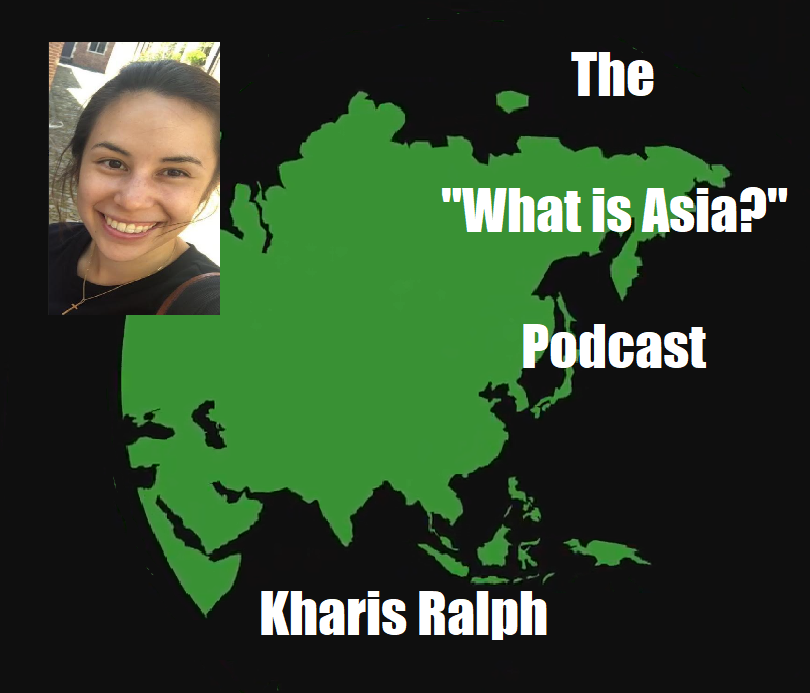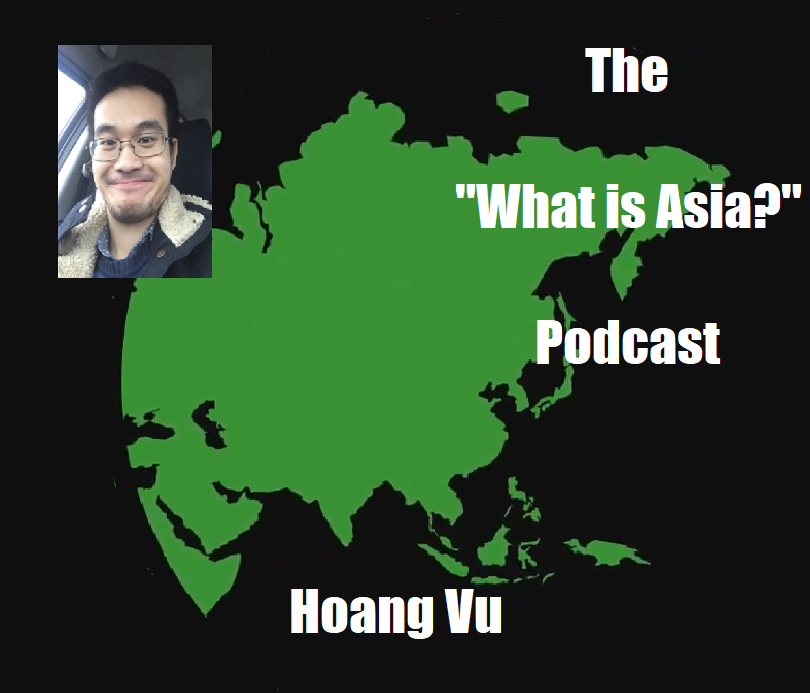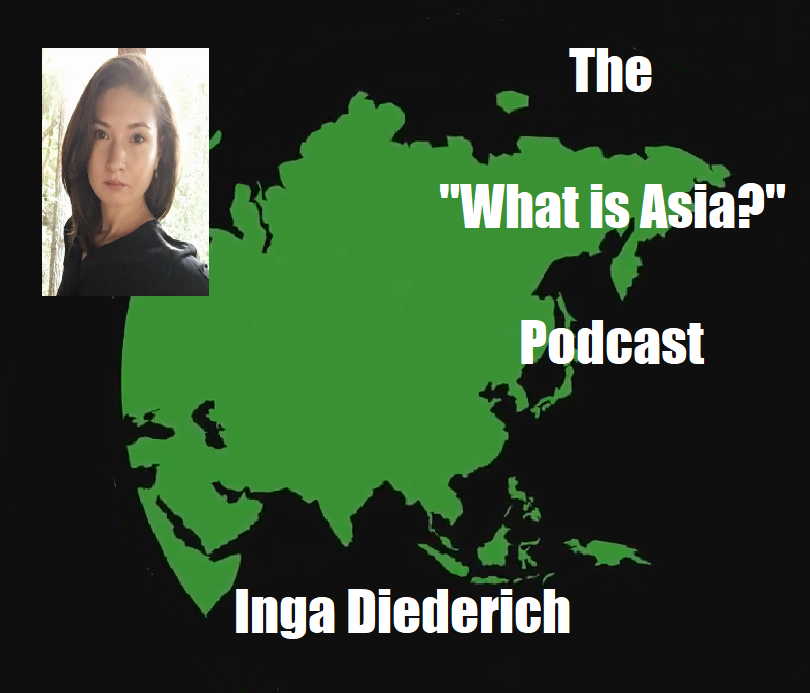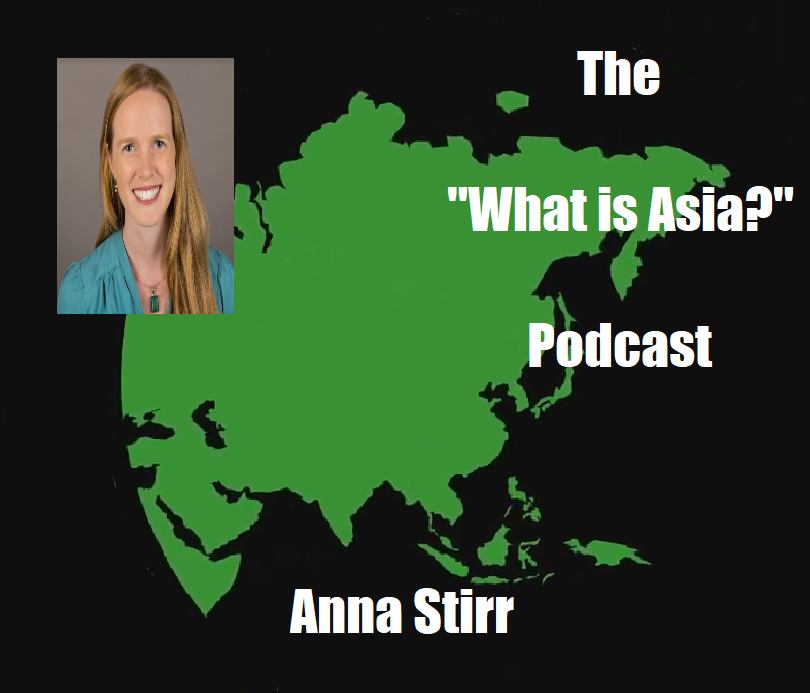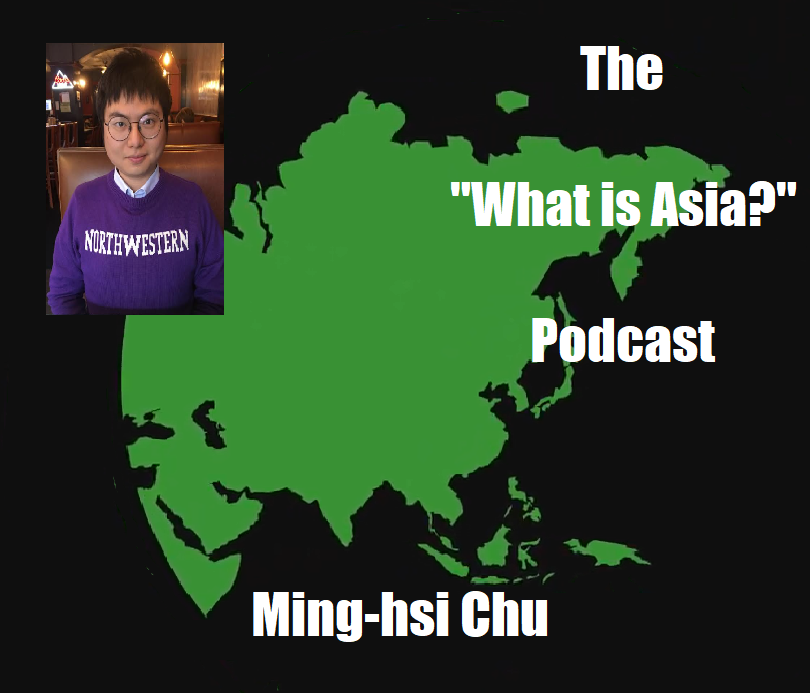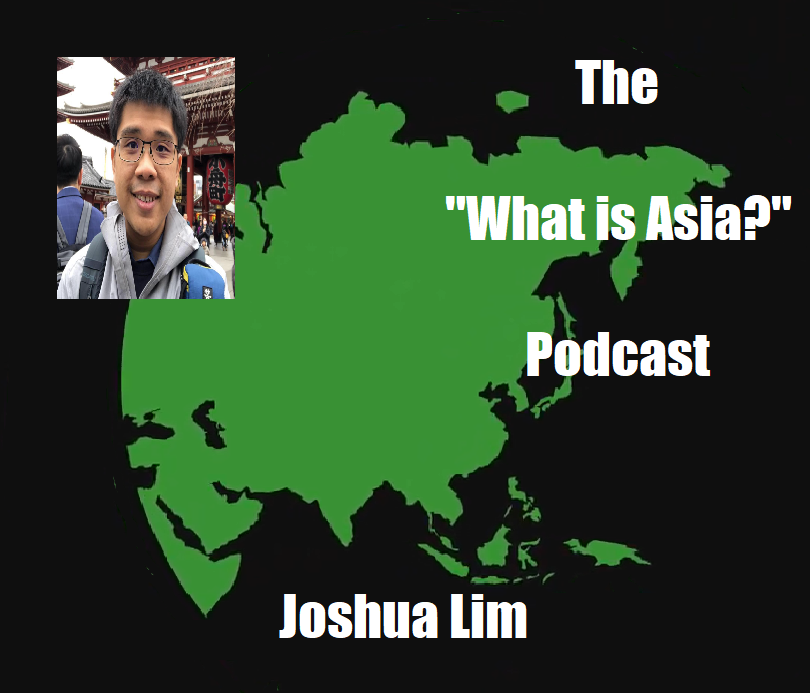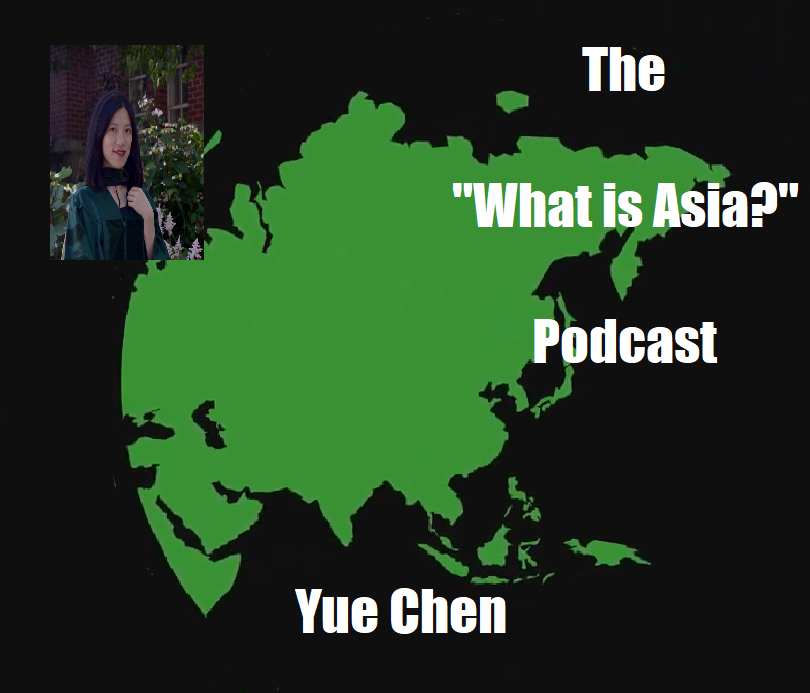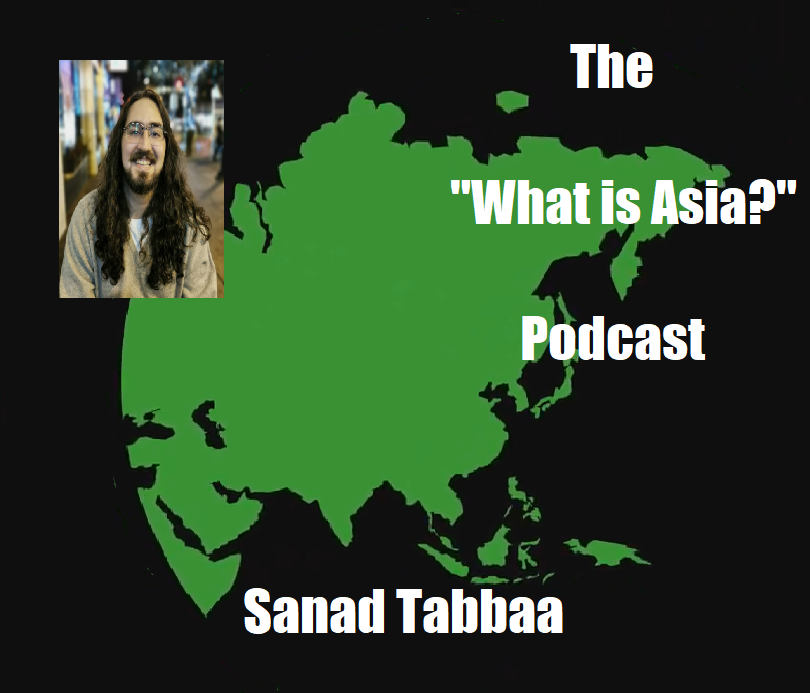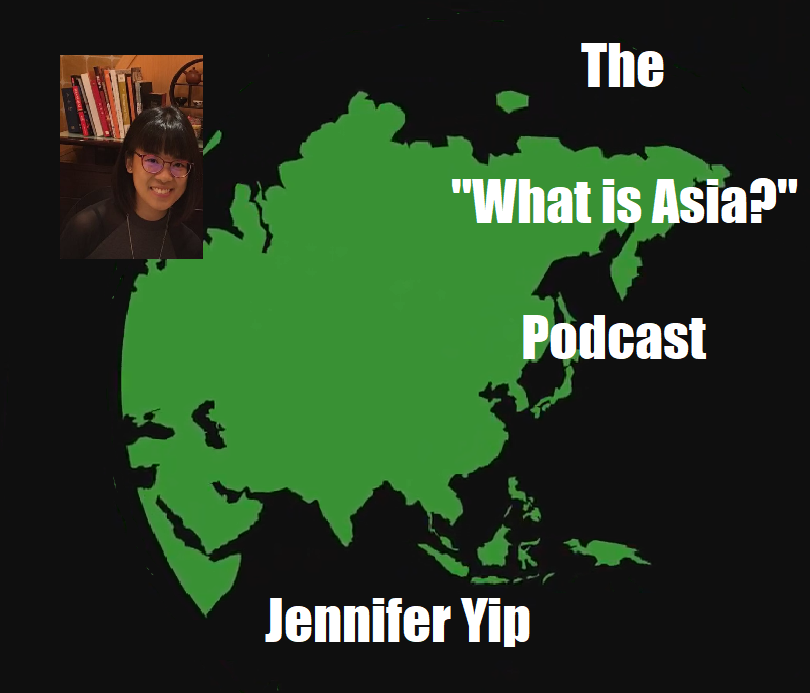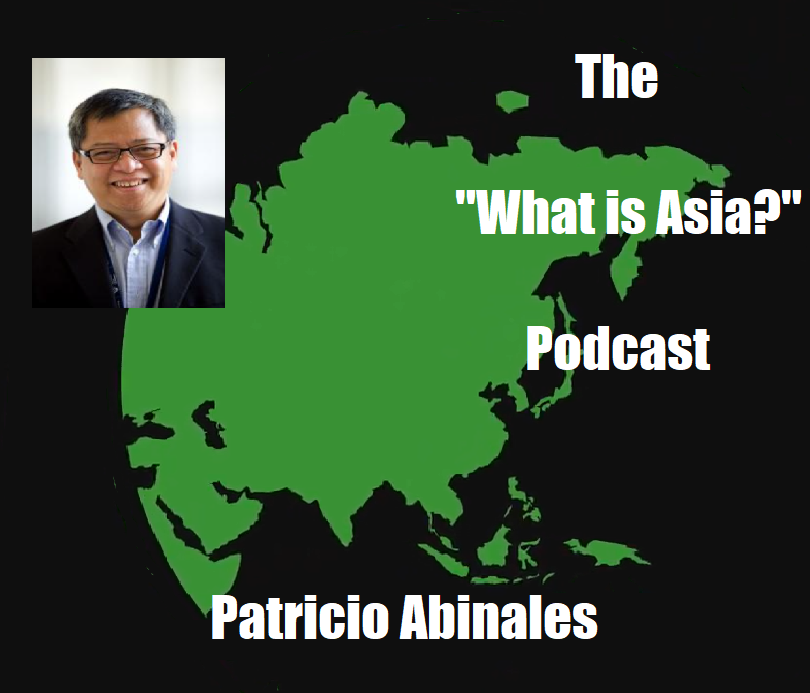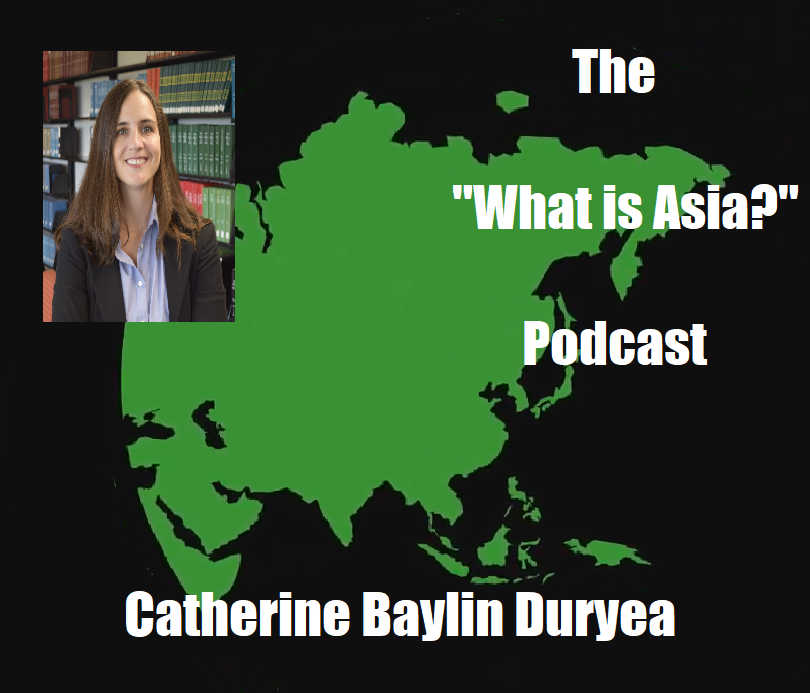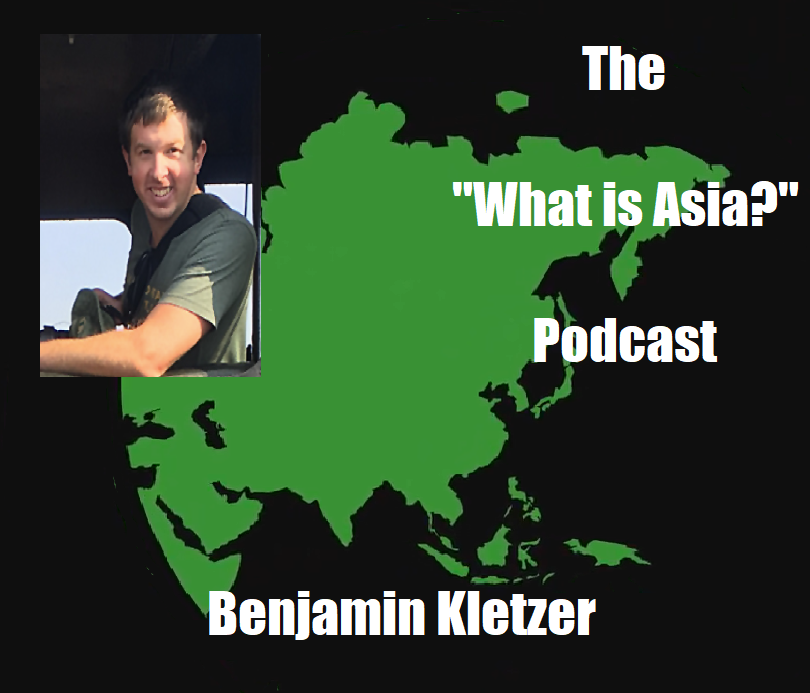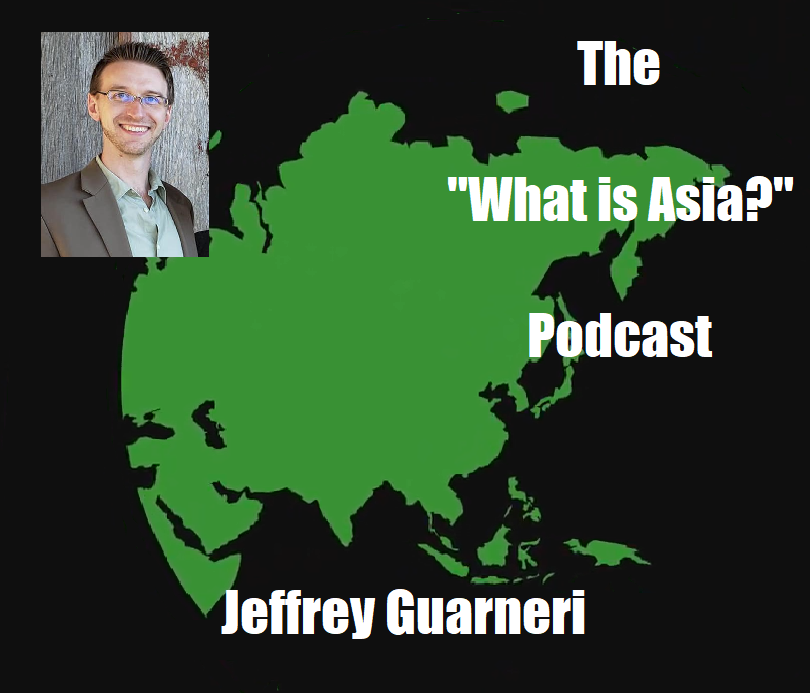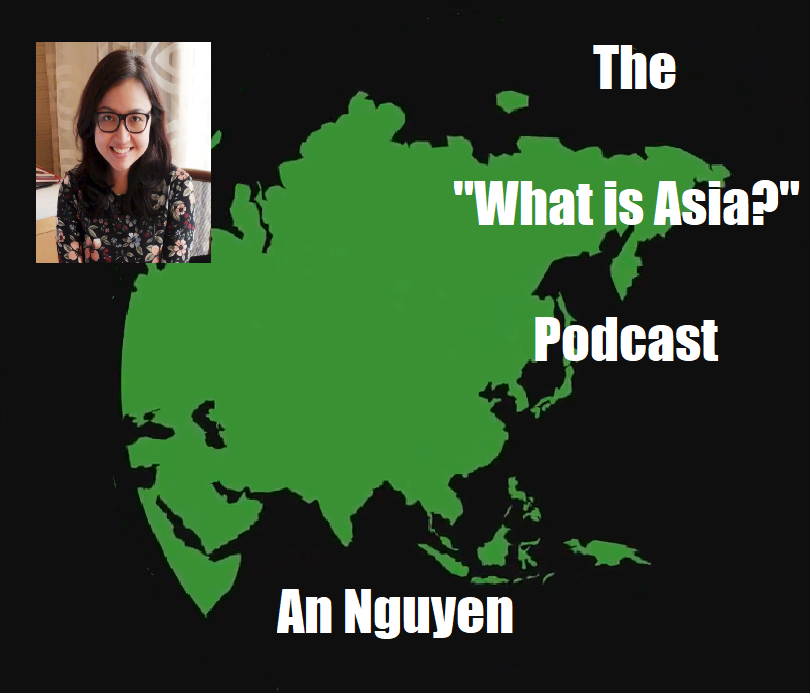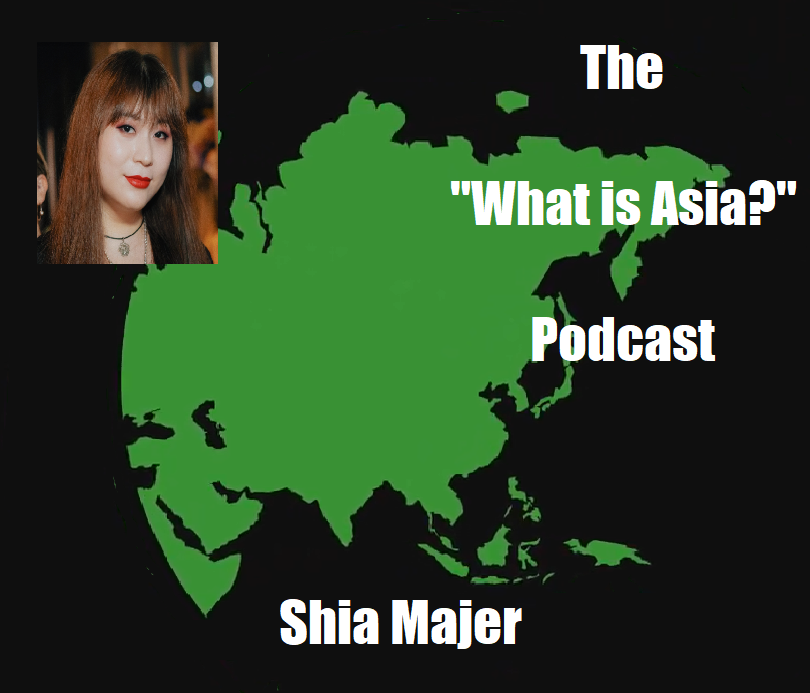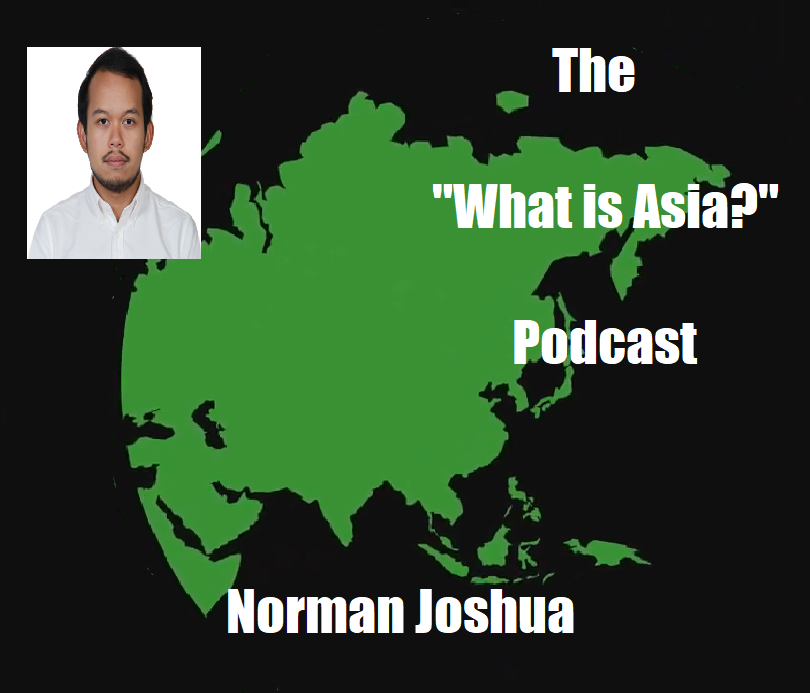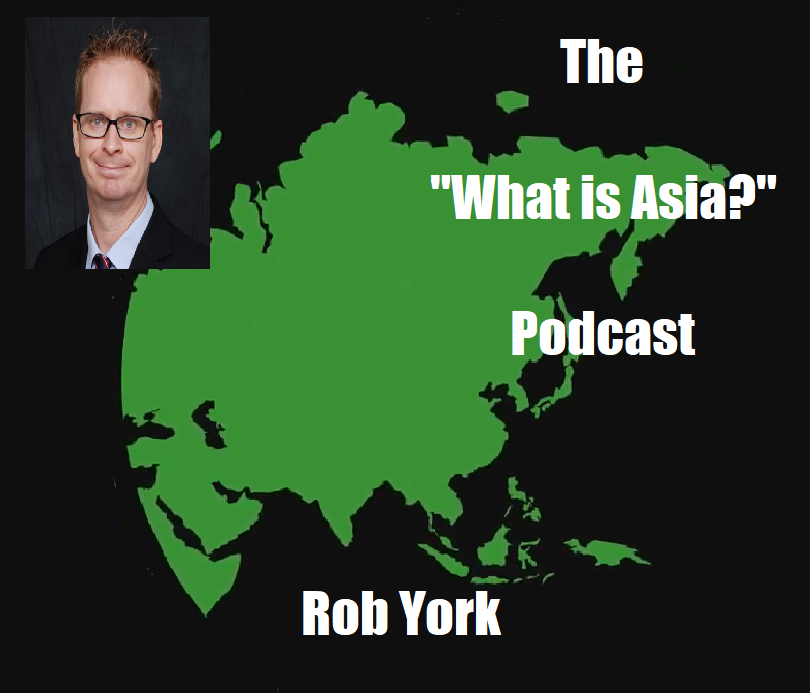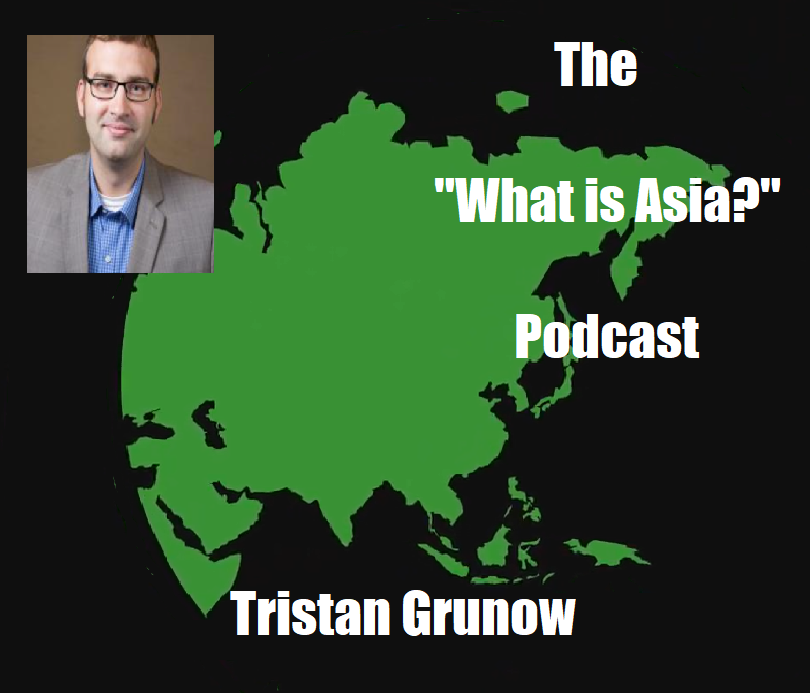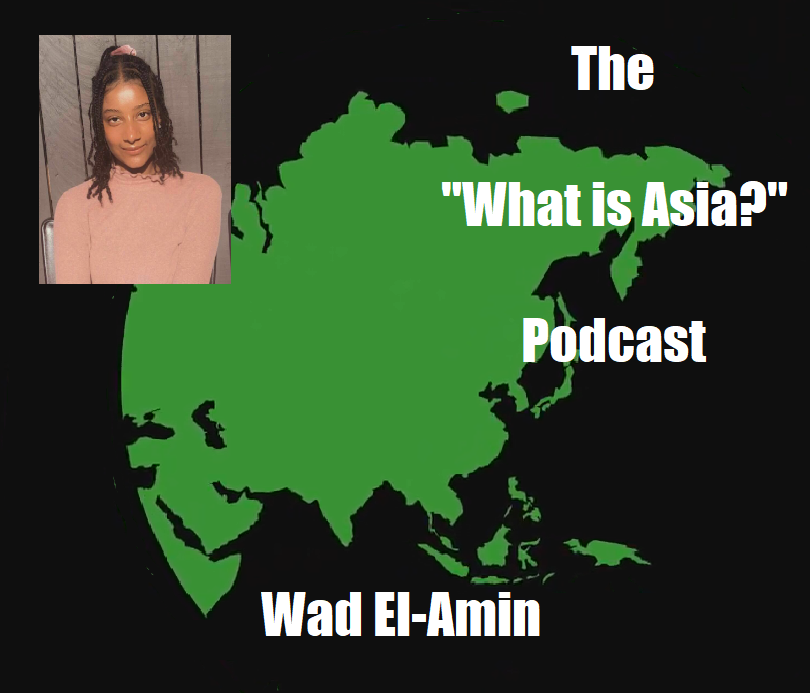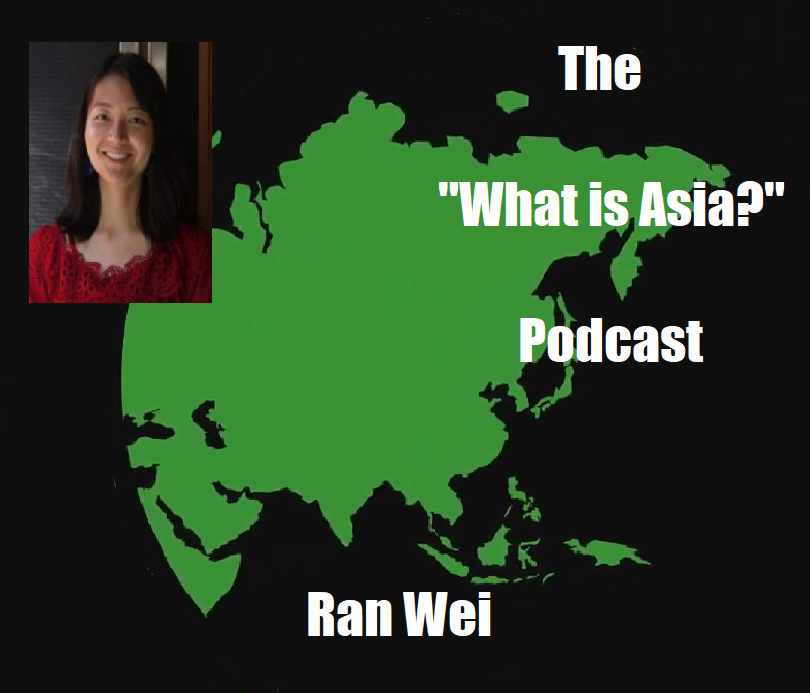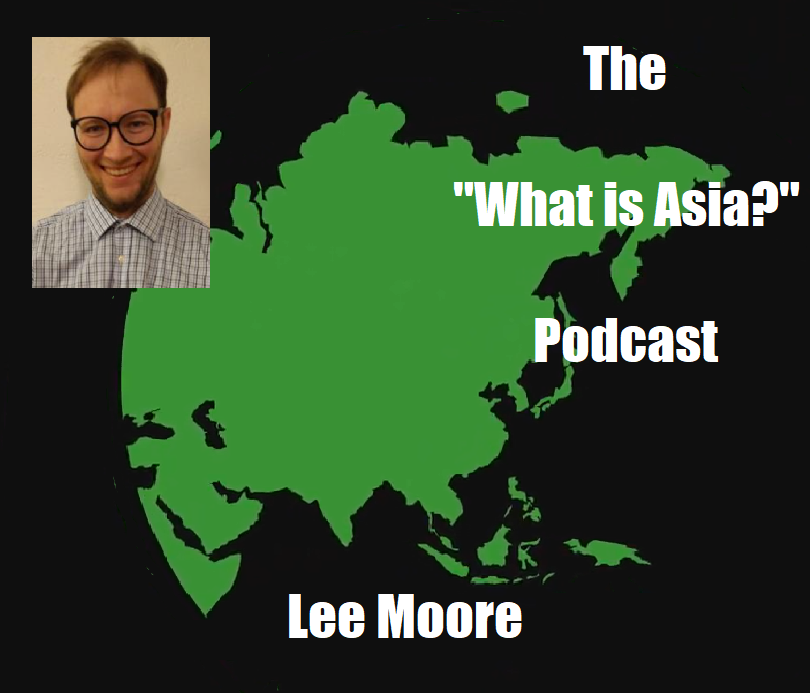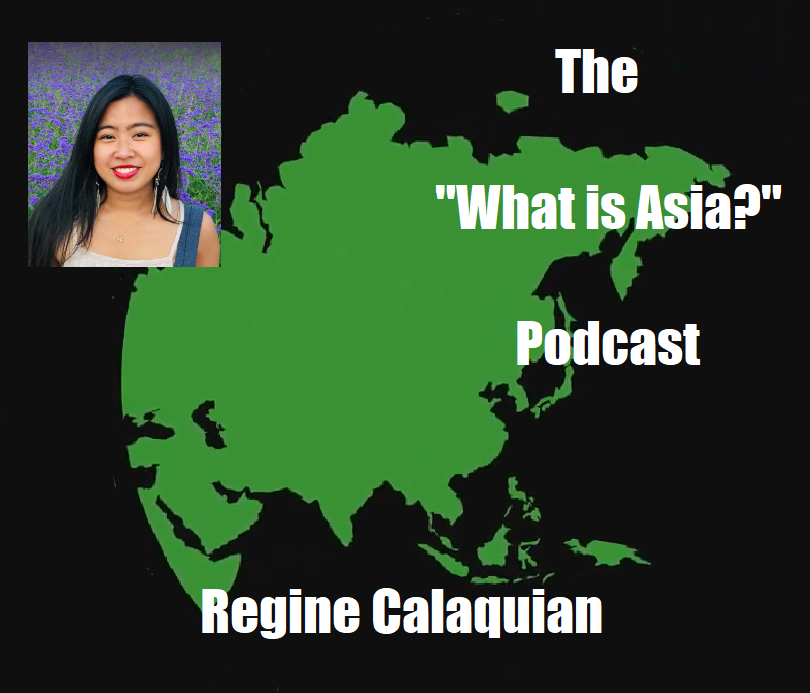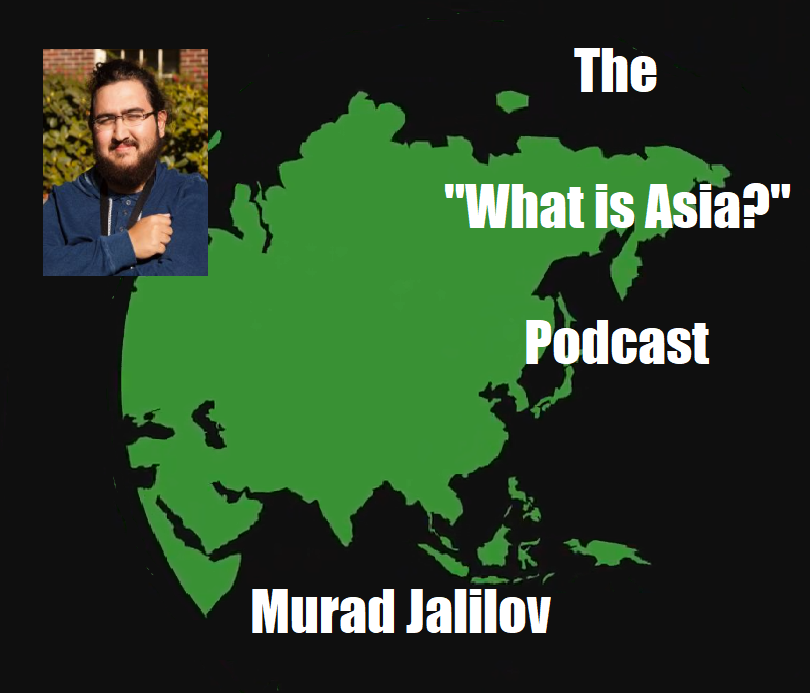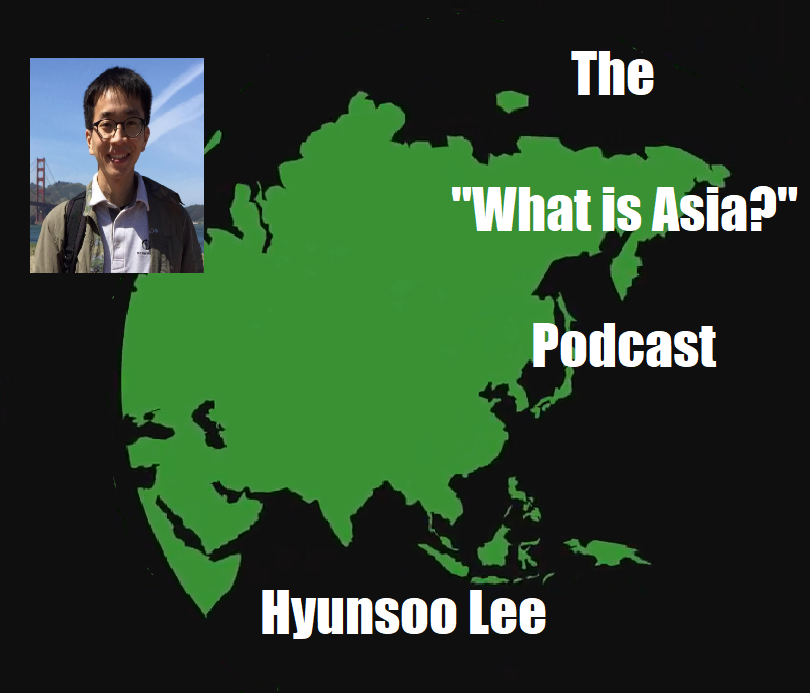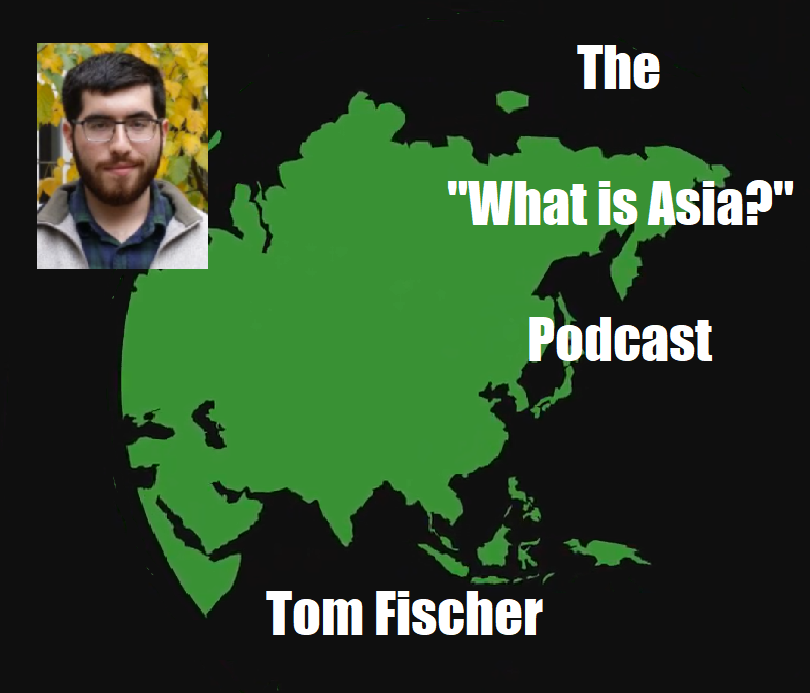Season 4 (October 7th, 2021 - December 16th, 2021)
|
Episode 10 Description:
Kharis Ralph is a Ph.D. student at the University of Wisconsin in Madison. She specializes in the history of modern South Korea. Ralph argues that music was an important medium through which political dissent was facilitated in late twentieth century South Korea. She identifies a number of singers and songs that defined popular political movements of the time. |
|
Episode 9 Description:
Hoang Vu is a former Ph.D. student at Cornell University, and a professor at Fulbright University in Vietnam. He specializes in the history of modern Vietnam, and Southeast Asia in general. Vu details the history of the Mekong Commission, the Interim Mekong Commission, and the Mekong River Commission, and discusses their importance as a platform for international cooperation between Vietnam, its Southeast Asian neighbors, and China. |
|
Episode 8 Description:
Inga Diederich is a former Ph.D. student at the University of California in San Diego. She specializes in the history of modern Korea. Diederich argues that notions of blood purity became an important focus in Korean society beginning in the Cold War era, and that these notions of "pure" and "impure" resulted in hierarchies that involved race, gender, and class. |
|
Episode 7 Description:
Anna Stirr is an associate professor of Asian studies and the director for the Center of South Asian Studies at the University of Hawai'i in Mānoa. She is also the author of the book: Singing Across Divides: Music and Intimate Politics in Nepal. Stirr researches dohori music in Nepal, and underlines its use to Nepali people as a form of communication, as well as its commercialization and its perceived value as being a representation of the Nepali state. |
|
Episode 6 Description:
Ming-hsi Chu is a Ph.D. student at Northwestern University. He specializes in the history of modern China. Chu examines war crime trials in China in which Japanese soldiers and political adversaries were prosecuted following World War II. He also highlights that these trials held political significance for China, which had previously been restrained from adjudicating cases involving foreigners during China's "Century of Humiliation." |
|
Episode 5 Description:
Joshua Lim is a M.A. student at the National University of Singapore. He specializes in the history of Singapore-Taiwan foreign relations from 1965-1973. Lim argues that, in broad terms, Singapore's foreign relations strategy is to treat every state that they interact with as a significant actor in benefiting itself. However, Lim highlights that Singapore straddles a fine line between engaging with Taiwan while still maintaining functional relations with China. |
|
Episode 4 Description:
Yue Chen is a Chinese teacher and a former Ph.D. student at the University of Oregon. She specializes in the study of Chinese and Japanese film and literature. Chen argues that the film and literature produced by the Manchukuo government defined new concepts of modernity, and aimed strengthen the notion of a unified Manchukuo citizenship among a multi-cultural and multi-ethnic population. |
|
Episode 3 Description:
Sanad Tabbaa is a M.A. student at the University of British Columbia. He specializes in the history of the 20th century Middle East. Tabbaa gives a brief history of the United Arab Republic, including its connections with Pan-Arab nationalism. He also details the historical legacy of the United Arab Republic, as well as why this historical topic is politically sensitive in the Middle East today. |
|
Episode 2 Description:
Jennifer Yip is a Ph.D. student at the University of Pennsylvania. She specializes in the history of modern China. Yip argues that the Second Sino-Japanese War (1937-1945), after 1938, was not defined by large-scale military encounters. Instead it was a war of attrition in which the procurement and transportation of grain and other vital resources became the chief focus of the Japanese, communist, and Nationalist militaries. |
|
Episode 1 Description:
Patricio Abinales is a professor of History at the University of Hawai'i in Mānoa. He specializes in the modern history of the Philippines. Abinales provides a cursory overview of the history of colonialism in the Philippines, and argues that some communities in the south of the Philippines hold positive views about the United States' former colonial presence in the Philippines. |
Season 3 (July 25th, 2021 - September 16th, 2021)
|
Episode 5 Description:
Catherine Baylin Duryea is an assistant professor of law at St. John's University. She specializes in the history of American legal involvement in Afghanistan. Duryea details the history and structure of Afghanistan's 2004 constitution, as well as its American influence. She also argues that contradictions within Afghanistan's constitution played a part in the political downfall of Afghanistan in 2021, and analyzes some of the lessons we can learn from the shortcomings of Afghanistan's constitution. |
|
Episode 4 Description:
Benjamin Kletzer is a Ph.D. candidate at the University of California in San Diego. He specializes in the history of modern China. Kletzer discusses the history of China's railway development during the Maoist era (1949-1976), the people involved in its construction, and the political, economic, and ideological significance of this national project. |
|
Episode 3 Description:
Jeffrey Guarneri is a Ph.D. student at the University of Wisconsin in Madison. He specializes in the history of modern Japan. Guarneri discusses the images of Nagasaki that were constructed through popular media by business elites in order to strengthen and maintain their position as an important center of overseas trade, which the Great Depression and the collapsing international order, as well as friction between localism, nationalism, and internationalism, had threatened to undercut. |
|
Episode 2 Description:
An Nguyen is a Ph.D. student at the University of Maine, and a Marilyn Blatt Young Fellow at the Society of Historians of American Foreign Relations. She specializes in the history modern Vietnam. In her research, Nguyen removes the focus placed on the U.S.-Soviet rivalry that tends to characterize historical discussions of the Vietnam War, and instead analyzes a conglomeration of voices that sought peace, known as the Third Force Coalition. |
|
Episode 1 Description:
Shia Majer is a transgender activist and entrepreneur in Guangzhou, China. She has worked with LGBT NGOs in China, and engages with LGBT-relevant topics on her YouTube channel. Majer discusses her experience as a transgender woman living in China, and opines on instances of prejudice that she and other members of the LGBT community have endured. She also details the Chinese government's persistent censorship of LGBT groups. |
Season 2 (May 2nd, 2021 - June 27th, 2021)
|
Episode 5 Description:
Norman Joshua is a Ph.D. student at Northwestern University in Illinois. He specializes in the history of modern Indonesia. Joshua discusses the methods through which the Indonesian military transformed their society into an authoritarian state, resulting in Indonesia's president, Sukarno, relinquishing his power to the military-run New Order regime in 1965. He also details the legacy of the New Order regime after its collapse in 1998. |
|
Episode 4 Description:
Rob York is a Ph.D. student at the University of Hawaiʻi in Mānoa, and the Program Director for Regional Affairs at Pacific Forum. He specializes in the history of modern Korea. York discusses competing notions of liberal democracy and free press between two English-language newspapers in post-war South Korea: The Korean Republic and The Korean Times. While he former was an ardent defender of the president, Syngman Rhee, the other was more critical of his government. |
|
Episode 3 Description:
Tristan Grunow is a visiting assistant professor at Pacific University, and is the host of the Meiji at 150 Podcast and Japan on the Record. He specializes in the history of modern Japan, with an emphasis on the Meiji era. Grunow discusses the ways in which the Japanese government sought to "modernize" the urban landscape in Tokyo by imitating the streets and architecture of the Western world. |
|
Episode 2 Description:
Wad El-Amin is a M.A. student at Oxford University. She specializes in the history of modern China. El-Amin discusses the metamorphosing notions of women's place and role in public life by examining the speeches and writing of Mao Zedong, Deng Xiaoping, and Xi Jinping. In addition, she compares and contrasts these leaders aims with the reality of women's circumstances. |
|
Episode 1 Description:
Ran Wei is a Ph.D. student at Washington University in St. Louis. She specializes in the the study of Japanese film and literature, particularly that of Osaka. Wei discusses the films of Kore-eda Hirokazu, and his ideas of family, home, and belonging in Japan since the 1991 economic recession. She also recommends a number of films and books for those interested to explore. |
Season 1 (January 17th, 2021 - March 14th, 2021)
|
Episode 5 Description:
Lee Moore is a Ph.D. candidate at the University of Oregon. He specializes in the history and literature of China. Moore discusses how political and historical narratives are conveyed through museums in China and Taiwan, focusing on the Kashgar Urban Planning Museum in Xinjiang, and the National Palace Museum and Chimei Museum in Taiwan. He also co-hosts the Chinese Literature Podcast. |
|
Episode 4 Description:
Regine Calaquian is a M.A. student at Xiamen University in China. She specializes in the study of Chinese language pedagogical practices. Calaqian discusses her research survey of Americans' perceptions of China since the emergence of COVID-19, and how they have impacted China's linguistic and cultural outreach efforts. |
|
Episode 3 Description:
Murad Jalilov is a Ph.D. student at the University of Illinois in Urbana. He specializes in the literature and history of Azerbaijan. Jalilov discusses the basic history of Azerbaijan, beginning with the Islamic conquest of the region in the seventh century A.D., and concluding with the war between Azerbaijan and Armenia in 2020. |
|
Episode 2 Description:
Hyunsoo Lee is a Ph.D. candidate at the University of Oregon. He specializes in the archaeology, with a particular focus on the flora used by prehistoric peoples who lived in what is now Jilin province in China and Jeju island in Korea. Lee discusses methods and technology used in excavations, Qin Shi Huang's tomb, and the applicability of archaeology to the modern world. |
|
Episode 1 Description:
Thomas Fischer is a former M.A. student of the University of Oregon. He specializes in China, with a particular focus on Sun Yat-sen, a pivotal figure for the emergence of modern China. In this episode of the "What is Asia" podcast, Fischer describes the life and legacy of Sun Yat-sen. Fischer's M.A. thesis: Sun Yat-sens: Contested Images of a Political Icon, can be read in its entirety on proquest.com. |
